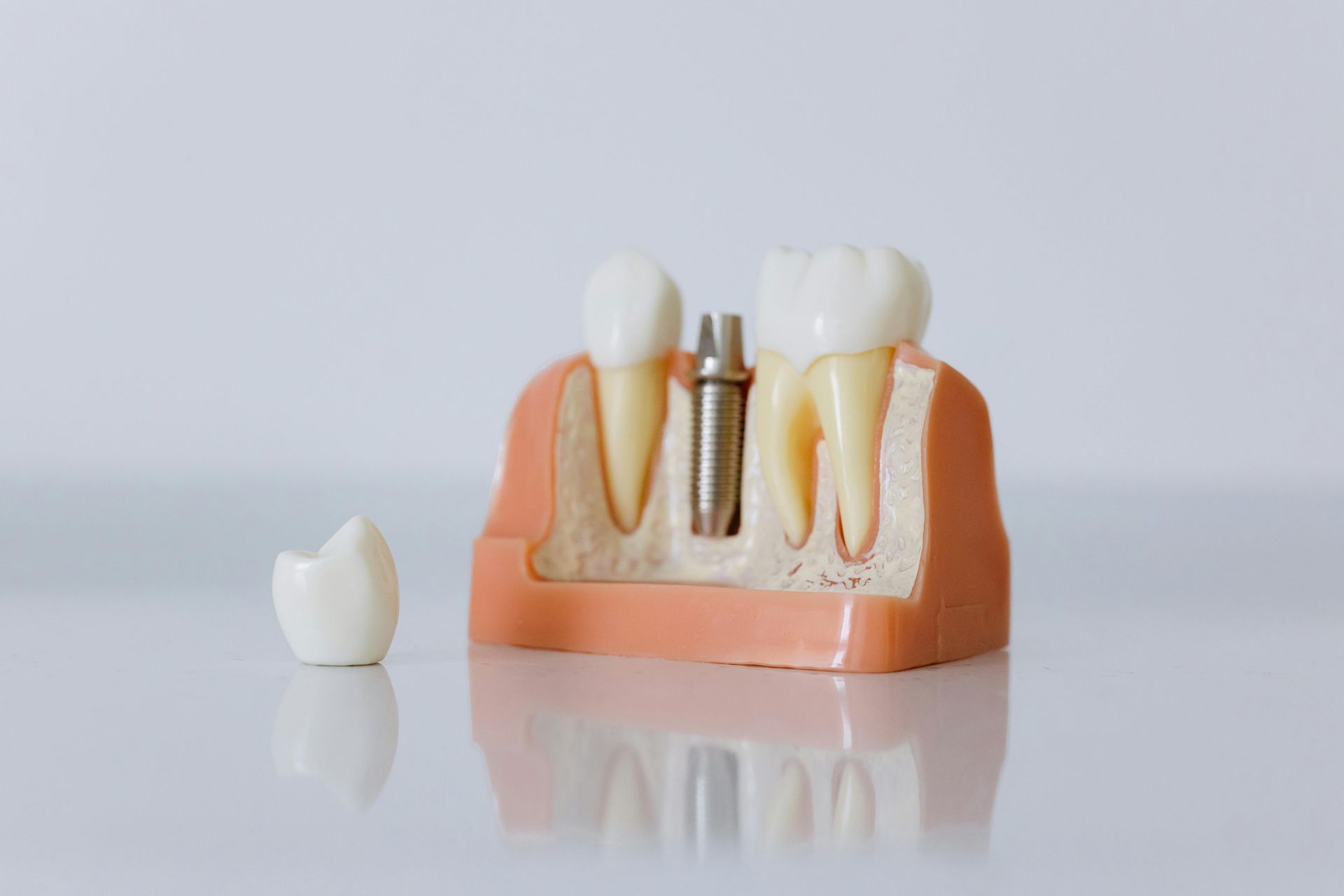HELP ME WITH
JAW PAIN
Jaw pain causes discomfort during chewing or speaking, disrupting routines. Common causes include TMJ disorders, stress, teeth grinding, or injury, helping you understand this distressing issue.

Our dental practice provides compassionate care for jaw pain. Treatments include splints, physical therapy, or stress management. Find a dentist near you for effective, tailored solutions to restore comfort.

What Is
Jaw Pain?
Jaw pain can stem from various issues, often linked to the jaw joint (temporomandibular joint or TMJ) or surrounding muscles. Common causes include:
- Teeth Grinding (Bruxism): Clenching or grinding, often during sleep, strains the jaw.
- TMJ Disorders: Problems with the jaw joint, like inflammation or misalignment, cause pain.
- Stress or Anxiety: Tension from a busy workweek can lead to jaw clenching.
- Dental Issues: Misaligned teeth, cavities, or abscesses can trigger discomfort.
- Injury: A knock to the jaw, like from a fall or sports, can cause pain.
- Arthritis: Conditions like osteoarthritis can affect the jaw joint.
For example, a teacher might notice jaw soreness after a stressful term, or a parent might feel pain after chewing tough biltong. A local dentist can diagnose the cause and recommend the right approach.
Symptoms of Jaw Pain
Jaw pain varies but often includes:
- Aching or soreness in the jaw, especially when chewing or speaking.
- Clicking, popping, or locking of the jaw joint.
- Headaches or earaches linked to jaw tension.
- Difficulty opening or closing the mouth fully.
- Facial swelling or tenderness near the jaw.
- Tooth sensitivity or pain from grinding.
These symptoms can disrupt simple joys, like enjoying a Sunday roast or laughing at a pub quiz. A dentist near you can assess your symptoms and offer relief.
Jaw Pain Treatment Near You
A local dentist will examine your jaw, teeth, and bite, possibly using X-rays to check the joint or teeth. Treatment options include:
- Mouthguards or Splints: A custom-made guard worn at night protects against grinding and eases jaw strain.
- Physiotherapy: Jaw exercises or massages relax tight muscles.
- Pain Relief: Over-the-counter options like ibuprofen can reduce inflammation (follow dosage instructions).
- Dental Corrections: Fixing misaligned teeth or replacing worn fillings can improve jaw function.
- Stress Management: Techniques like mindfulness or yoga reduce tension-related clenching.
- Referral to Specialists: For complex TMJ issues, your dentist may suggest a maxillofacial consultant.
Our team ensures a gentle experience, calming fears for nervous patients. For instance, someone anxious about a mouthguard might find our fittings comfortable and reassuring.
At-Home Tips for Managing Jaw Pain
While waiting to see a dentist near you, try these steps to ease discomfort:
- Apply Warmth: Use a warm flannel on your jaw for 15 minutes to relax muscles.
- Eat Soft Foods: Choose soups, yoghurt, or mash to avoid straining your jaw.
- Avoid Chewing Gum: Skip gum or hard foods like nuts that stress the jaw.
- Practise Relaxation: Deep breathing or meditation can reduce stress-related clenching.
- Use Painkillers: Paracetamol or ibuprofen can help, following dosage guidelines.
These tips provide temporary relief, but professional jaw pain treatment near you addresses the root cause for lasting results.
When to See a Dentist Near You
Contact a local dentist if you experience:
- Persistent jaw pain or stiffness lasting more than a few days.
- Difficulty chewing, speaking, or opening your mouth.
- Clicking or locking of the jaw that worsens.
- Swelling, headaches, or tooth damage linked to jaw pain.
Early care prevents complications like tooth wear or chronic discomfort. We’ve helped patients regain ease and confidence, and we’re here for you too.
Preventing Jaw Pain
Protect your jaw with these habits:
- Avoid chewing hard or chewy foods, like toffee or crusty bread.
- Practise stress-relief techniques, like a short evening walk or reading.
- Visit your dentist near you every six months to monitor jaw and tooth health.
- Use a mouthguard if you grind your teeth at night.
- Maintain good posture to reduce jaw and neck strain.
Simple changes, like cutting back on late-night coffee, can help prevent clenching.
Your Trusted Dentist
Book Your Dental Appointment Today
Call us now or
Book online to schedule your consultation with a trusted local dentist.



